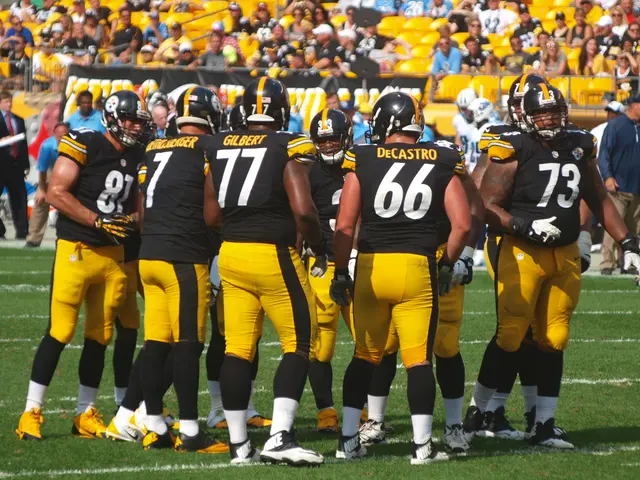Desperate Selling: Russia Reducing Oil Prices to Boost Sales
In a significant shift, the Ukrainian foreign intelligence service reports that Russian oil is being sold at lower prices due to reduced sales in India. This decline in demand has been precipitated by the United States imposing secondary tariffs of 25%, and threatening to double them, on India's purchases of discounted Russian oil.
Before the tariffs, India was importing about 1.7–1.8 million barrels per day (mb/d) of Russian oil, constituting around 35%–40% of its total crude imports. However, the tariffs compelled India to significantly reduce its Russian oil imports to avoid economic impacts from the U.S. tariffs on Indian exports.
China has stepped in to buy increased volumes of Russian crude originally destined for India. Analysts noted that China secured at least 15 cargoes for October and November 2025 delivery from ports normally supplying India, such as in the Arctic and Black Sea regions. This surge in Chinese demand has helped absorb part of the reduction in Indian purchases.
However, China’s intake of seaborne Russian oil remains around 1.2 mb/d, less than India’s prior purchase volume of about 1.7 mb/d. Consequently, Russia is under pressure to find other buyers or further reduce prices.
Indeed, the reduction of Indian demand has contributed to lower prices for Russian crude. Moscow is offering discounts to maintain its sales amid constrained market access due to Western sanctions and tariffs. The discount to Indian buyers was about 5% below market price, making Russian oil highly competitive before the tariff impact. Now, the narrowing demand and shifting buyers push Russia to sustain or deepen discounts to attract buyers including China and others.
Meanwhile, the ongoing conflict in Ukraine continues to claim lives and cause destruction. Stronger Russian bombing attacks along the frontline resulted in 67 civilian deaths and 209 injuries, according to UN observers. Almost 40% of the casualties were attributed to Russian drone and missile strikes on targets in Ukraine's hinterland, including major cities like Kyiv, Dnipro, and Kharkiv. The United Nations has recorded the highest number of injured and killed civilians in Ukraine in July since May 2022, with 286 deaths and 1388 injuries.
In other news, German Chancellor Friedrich Merz has been accused by the Left Party co-chair Sahra Wagenknecht of prolonging the war in Ukraine. Sahra Wagenknecht claims that a virtual Ukraine summit organized by Merz was more of a war extension conference than a search for compromise.
Elsewhere, Poland's defense minister has announced plans to modernize the country's 48 F-16 fighter jets, which will enhance their compatibility with NATO. The cost of this modernization is estimated to be nearly four billion dollars. Poland's defense spending has already been increased to five percent of its GDP.
In international politics, Russia is planning to link the future of Ukraine with a potential reduction of NATO presence, such as in Poland, during negotiations. This move is seen as an attempt by Russia to exert influence over NATO's strategic decisions.
In a surprising turn of events, Polish Prime Minister Donald Tusk did not participate in a video call with US President Donald Trump. Instead, his political rival, President Karol Nawrocki, was present. While both men are strong supporters of Ukraine, there is a difference in their political approach to dealing with the US President.
In a bid to support Ukraine, Germany is funding one of the support packages for Ukraine, consisting of US weapons and ammunition, with a total value of up to 500 million US dollars. The Ukrainian drones have also launched attacks on a refinery in the Russian city of Volgograd, according to Ukrainska Pravda and the region's Russian governor.
In conclusion, the reduced Indian imports of Russian oil have led to price discounts for Russian crude and increased Chinese purchasing, though China alone cannot compensate for the shortfall, creating challenges for Russian oil market revenues. The ongoing conflict in Ukraine continues to claim lives and cause destruction, with civilians bearing the brunt of the violence. International politics remain complex, with Russia attempting to exert influence over NATO's strategic decisions, and the US offering security guarantees to European politicians for Ukraine.
Community policy discussions regarding the increased Chinese purchases of Russian oil might need to consider the potential long-term economic impact on nations that previously relied on oil imports from Russia.
The ongoing geopolitical tension between Russia and Ukraine, evident in the escalating conflict and civilian casualties, could be a significant factor in future community policy discussions when addressing international relations.







